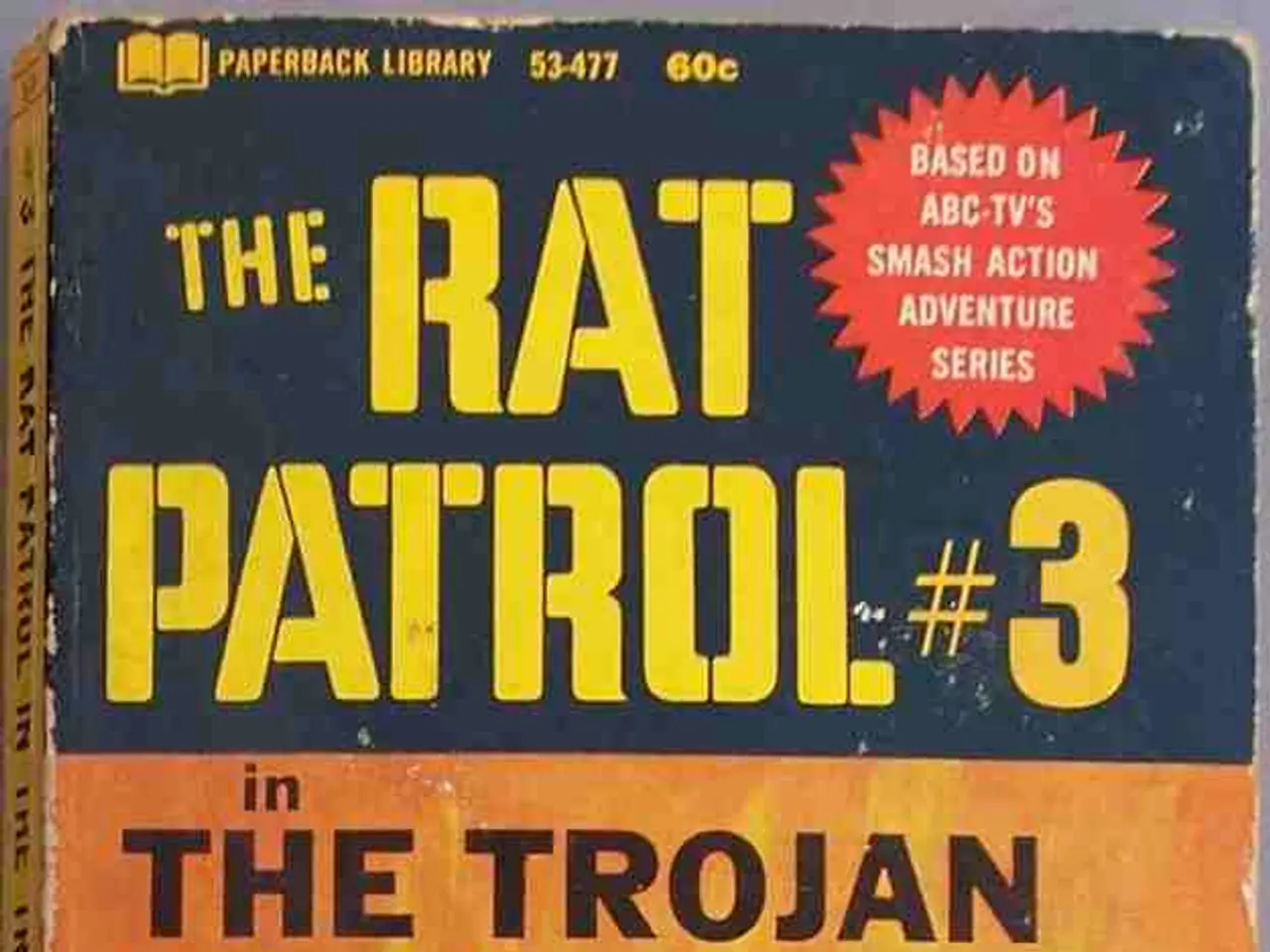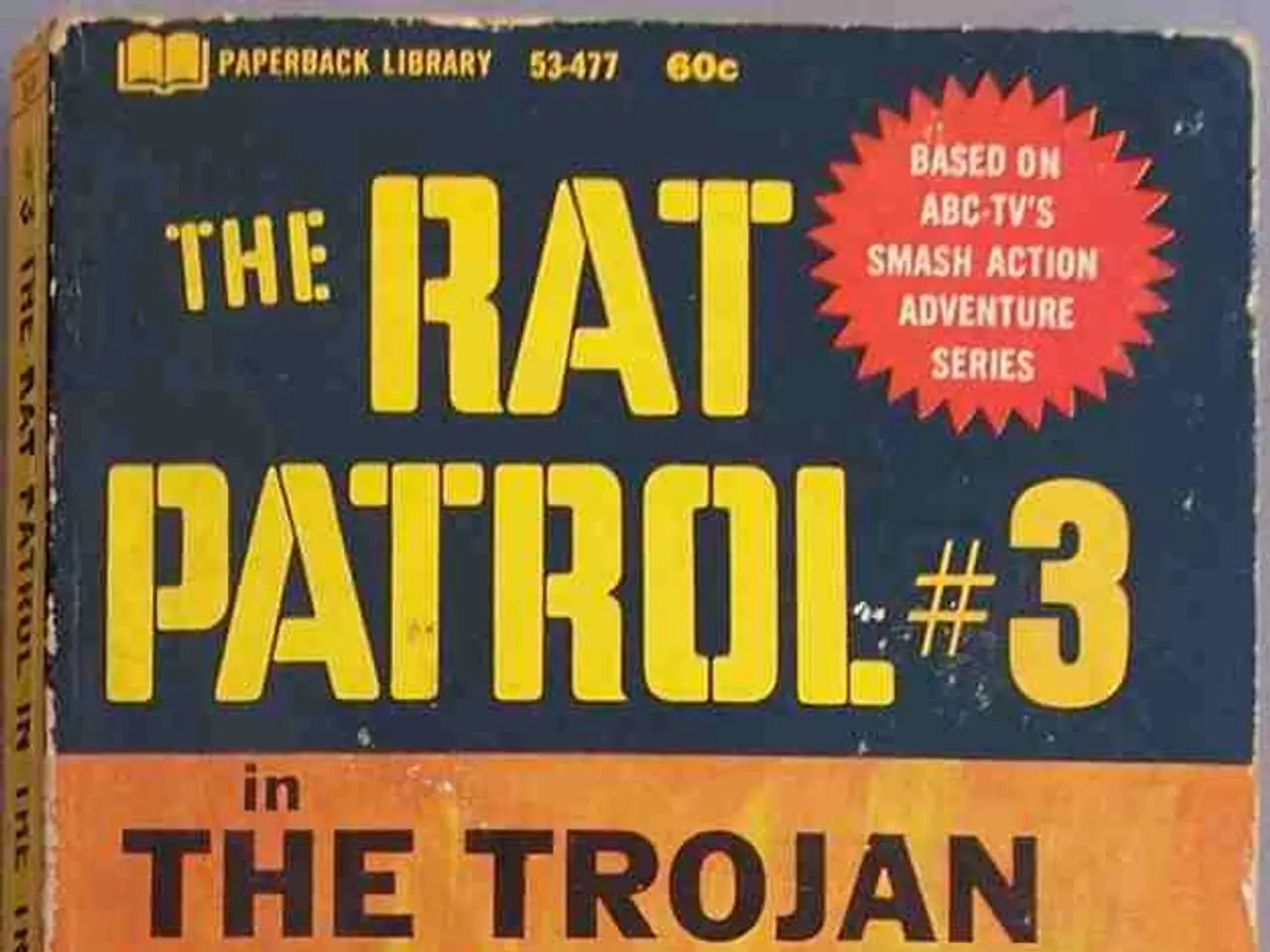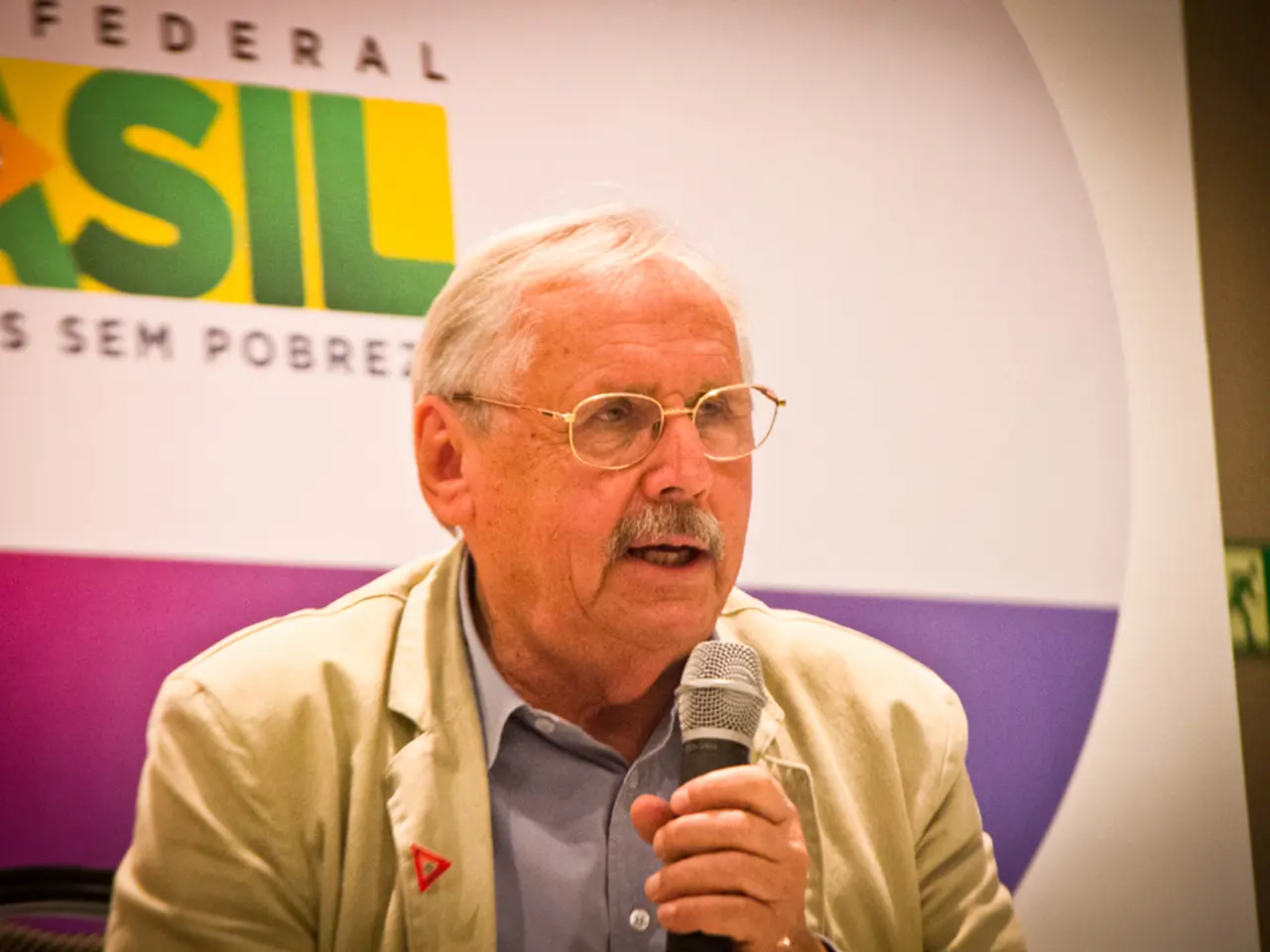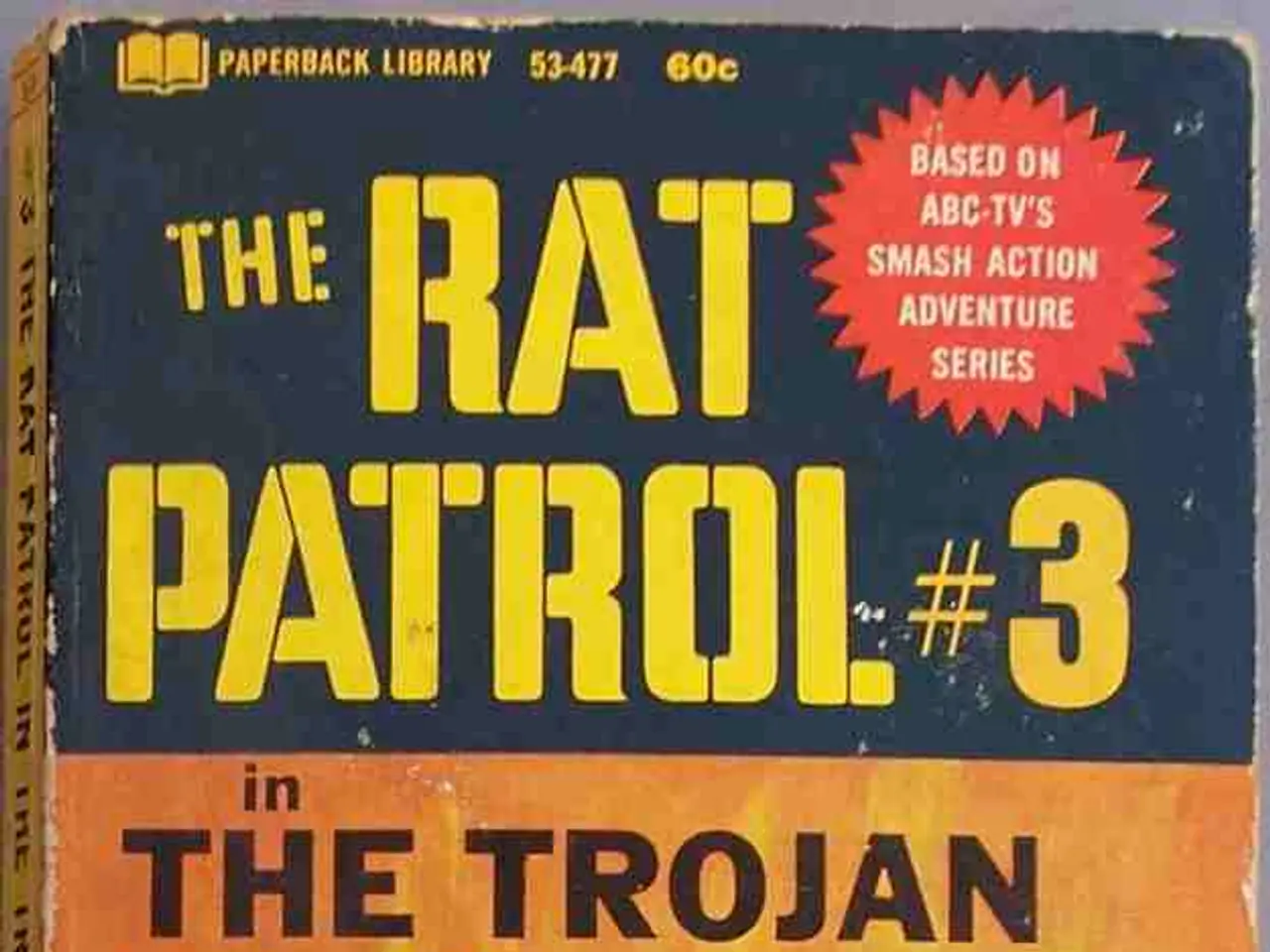Violence Erupts Between Druze and Bedouin Communities in Syria Resulting in Over 50 Fatalities - Violent clashes result in the death of at least 50 individuals between Druze and Bedouin communities in Syria.
In the southern Syrian province of Suwayda, a contemporary conflict between the Druze and Bedouin communities has escalated, resulting in significant casualties and raising concerns about regional stability. The recent clashes, which began on Sunday, have been marked by kidnappings, armed confrontations, and the closure of key roads.
According to reports from the Syrian news portal "Suweida 24" and the Syrian Observatory for Human Rights, at least 50 people have been killed and dozens more injured since Sunday. The immediate cause of the latest clashes was the seizure of a Druze vegetable vendor by armed Bedouins on the highway linking Suwayda to Damascus.
The hostilities have been characterised by cycles of kidnappings and retaliatory violence between Druze militias and Sunni Bedouin clans, indicating a pattern of tit-for-tat aggression rather than a long-standing ancient conflict. The violence intensified with armed clashes in the al-Maqous neighborhood of Suwayda, leading to over 30 fatalities and nearly 100 injuries.
The absence and weakening of state institutions, particularly military and security forces in the region, has been identified as a key factor contributing to the persistence of these clashes. Syrian Interior Minister Anas Khattab highlighted this institutional vacuum as the main reason behind the tensions, emphasising the need for restoring security and civil peace through active state intervention.
Historically, the Druze are a distinct religious and ethnic minority concentrated primarily in southern Syria, while Bedouins are traditionally nomadic Arab tribes, including Sunni Muslims, living in the desert regions. Though both groups have coexisted in the area, the collapse of strong central authority due to Syria's ongoing broader instability since the fall of Bashar al-Assad's regime in December 2024 has exacerbated local power struggles and intercommunal grievances.
Before the civil war, there were about 700,000 Druze living in Syria, most of them in the province of Suweida. The Druze also live in Lebanon, Israel, and on the Golan Heights. Tensions between the Sunni Bedouins and Druze in Suweida have long existed and have often escalated into violence.
Efforts by Syrian authorities to deploy forces and reimpose order indicate attempts to curb the violence and restore normalcy. Local leaders and religious figures have also reached agreements to calm the conflicts and integrate the Druze into new administrative structures. Security forces were deployed in the border area between the provinces of Daraa and Suweida by the government in Damascus.
The Syrian Ministry of Interior reported more than 30 dead and nearly 100 injured, with six members of the Syrian security forces also killed. Among the dead are 34 Druze, including two children, and 10 Bedouins. The ongoing conflict has also escalated the conflict between Syria and Israel, leading to several air strikes by the Israeli army in May, claiming to protect the Druze.
The governor of Suweida, Mustafa al-Bakur, urged people to exercise restraint, while several high-ranking Druze religious leaders called for calm and intervention by state authorities. The road between Suweida and Damascus remains closed due to the clashes, according to the state-run Syrian news agency Sana. Armed Bedouins are still present in some areas.
Despite the ongoing violence, it is important to note that this conflict is primarily a contemporary, localised security and tribal-militia dispute exacerbated by the power vacuum and civil unrest in southern Syria, rather than a deeply entrenched historical feud. Efforts by Syrian authorities to restore order and bring stability to the region are crucial in resolving this conflict and preventing further loss of life.
- The Commission has been consulted on the draft resolution of the European Parliament and of the Council on the situation in the Middle East, given the escalating conflict between the Druze and Bedouin communities in Syria, which is a major policy-and-legislation and general-news issue.
- The ongoing war-and-conflicts in southern Syria, specifically the clashes between the Druze and Bedouin communities in Suwayda, have raised concerns about crime-and-justice, as violence and kidnappings have intensified despite efforts by Syrian authorities to restore order.
- Despite the contemporary nature of the conflict between the Druze and Bedouin communities in southern Syria, the intensified clashes have had significant political implications, underscoring the importance of addressing the policy-and-legislation and politics involved in managing war-and-conflicts and restoring stability in the region.






